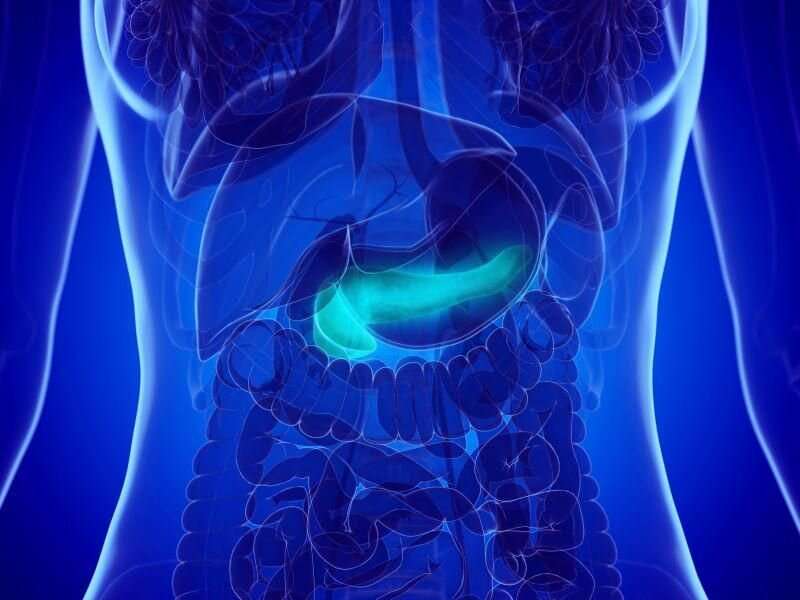Novel bihormonal artificial pancreas beneficial after pancreatectomy

Patients after total pancreatectomy receiving a novel, fully closed-loop bihormonal artificial pancreas (BIHAP) using both insulin and glucagon, experience significantly more time spent in euglycemia than those receiving current diabetes care, according to a study published online Sept. 7 inJAMA Surgery.
Charlotte L. van Veldhuisen, M.D., from the University of Amsterdam, and colleagues examined the efficacy and safety of the BIHAP in patients after total pancreatectomy in a randomized crossover clinical trial. Twelve adult outpatients after total pancreatectomy were randomly assigned to fully closed-loop BIHAP for seven days followed by seven days of current diabetes care (insulinpump or pen therapy) or the same treatments in the reverse order; three patients did not complete the BIHAP phase and one was replaced.
The researchers found that compared with current diabetes care, the time spent in euglycemia (70 to 180 mg/dL) was significantly higher during BIHAP treatment (median, 78.30 versus 57.38 percent). The time spent in hypoglycemia was lower with the BIHAP than current care (median, 0.00 versus 1.61 percent). There were no serious adverse events reported.
"Larger randomized studies with a longer treatment period are necessary to justify the use and feasibility of BIHAP for the treatment ofdiabetesinpatientsafter total pancreatectomy, with sufficient attention for patient-reported outcomes, such as quality of life," the authors write.
Several authors disclosed financial ties to pharmaceutical and medical device companies, including Inreda Diabetic, which supplied the BIHAP systems used in the study.
Explore further
Ville Sallinen et al, Artificial Pancreas and Expanding the Use of Total Pancreatectomy,JAMA Surgery(2022).DOI: 10.1001/jamasurg.2022.3731
Copyright © 2022HealthDay. All rights reserved.

















